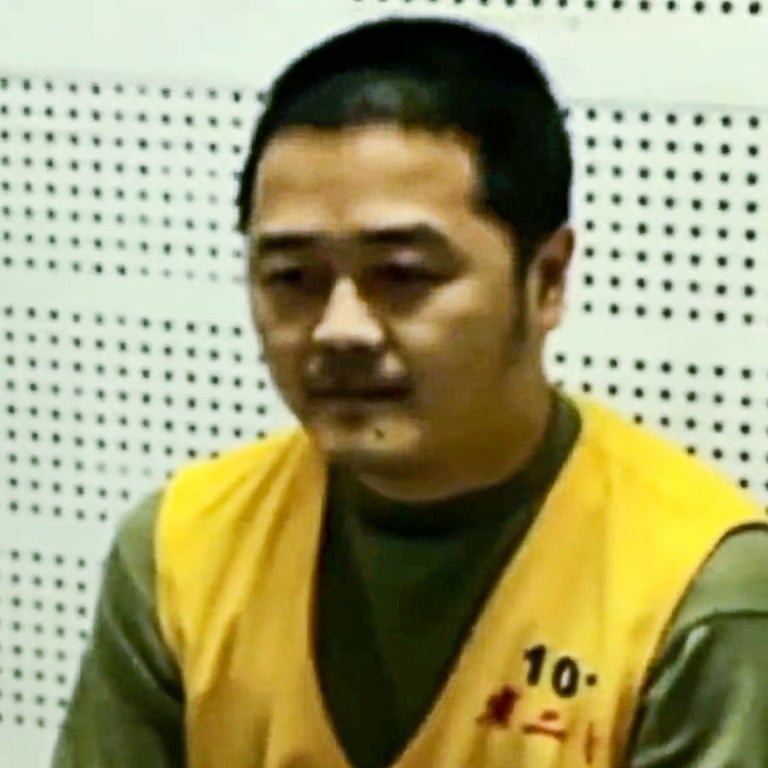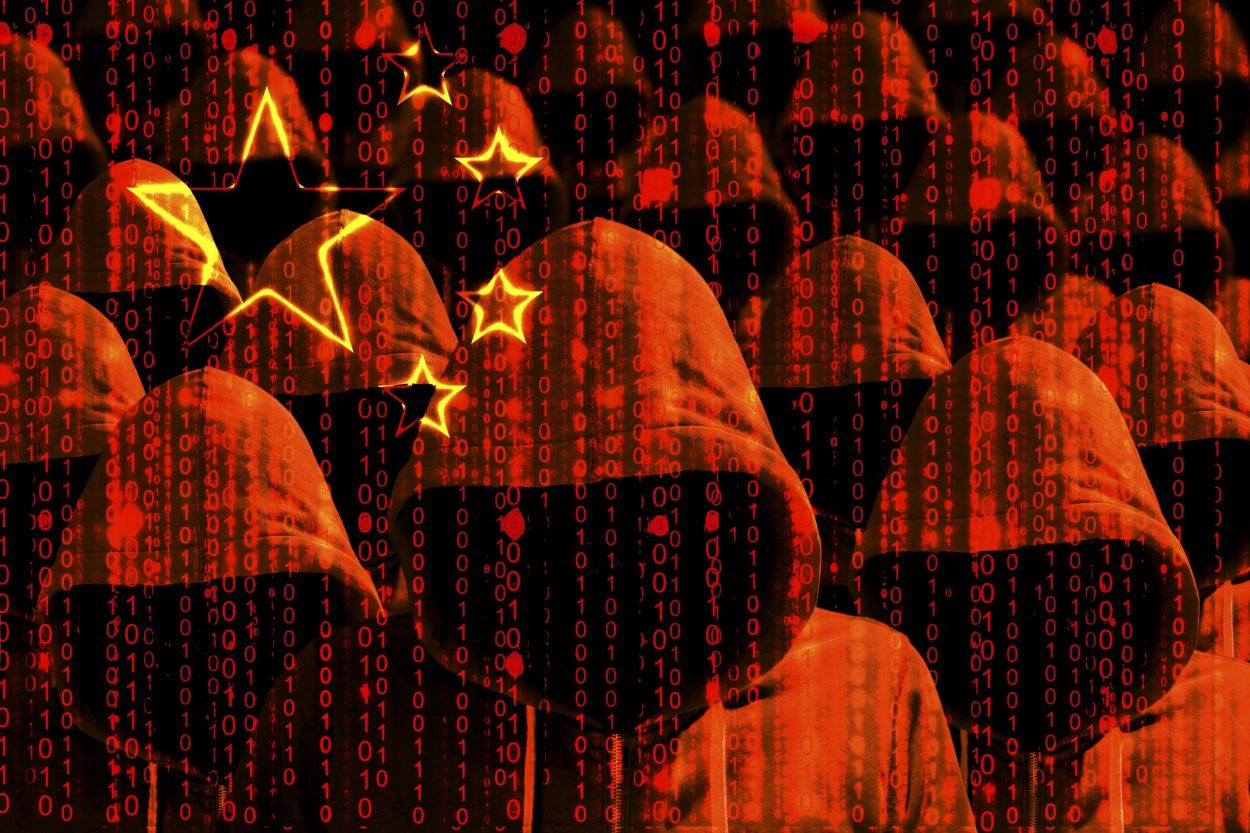Amidst a visible increase in China’s move against espionage, a newly released documentary has made a shocking revelation: Beijing discreetly executed a Chinese scientist accused of espionage eight years ago.
China acknowledged on April 15 that it had executed a Chinese scientist in 2016 for selling state secrets to the United States. The scientist was reportedly convicted in a spying case in 2015, but it wasn’t specified at the time which country he had spied for.
The recently released documentary did not make an explicit mention of the United States but showed photographs of the American flag and the US Capitol Hill building. The case has been flagged as one of the most shocking spy cases in modern Chinese history.
The Ministry of State Security, China’s primary counter-espionage agency, revealed the death penalty and execution in the documentary that examined ten well-known spy cases from the past.
The ministry posted the documentary “Led by Innovation, National Security Sharpens the Sword” on its social media pages. It aired on state broadcaster CCTV on April 14 to commemorate the annual National Security Education Day.
The documentary noted that Huang Yu, a researcher at a top-secret communication system development project at the time, is said to have sent a message with sensitive Chinese military codes to “the website of a certain country’s spy agency.” Huang had allegedly expressed his desire to defect and was resentful over being kicked out of the project-related unit for subpar work performance.
Huang was taken on by an unidentified foreign espionage agency and trained in Bangkok and Hong Kong after the legitimacy of the codes was verified.

According to the documentary, he not only made money by selling “core secrets” through his job but also tricked his wife, who worked for the same organization, into making copies of private documents that he could resell for more money.
The Chinese have maintained that Huang disclosed “a shocking amount” of sensitive data regarding the communication systems used by the Communist Party, the armed forces, government organizations, and businesses in the financial and telecommunications sectors. According to the documentary, these included design, technical details, proprietary algorithms, source codes, and programs.
When the case first came to light, the Chinese state media said more than 150,000 classified documents had been given to an unidentified foreign power. Earlier, China said his foreign handlers had paid him $700,000 before his arrest in 2011.
Huang was put to death in May 2016 after receiving the worst punishment possible for eavesdropping that “seriously harmed” China’s national security. The United States has yet to comment on these revelations.
The Menace Of Spying
To counter threats from both domestic and foreign sources, Chinese President Xi Jinping has overseen a comprehensive overhaul of the security infrastructure in recent years. The counterterrorism law and a draft cyber security bill, among other security regulations he has signed or wants to adopt, have worried Western nations.
The laws about cyber security and counterterrorism formalize extensive authority for the government to counter perceived dangers, ranging from extensive censorship to tighter regulation of specific technology.
The documentary also provided fresh information about a former Taiwanese researcher who, while residing in the Czech Republic, had been pilfering secrets from mainland China. Cheng Yu-chin, who was given a seven-year prison sentence in 2022 for spying, had been recruited by Taiwan’s intelligence service during his PhD studies in Prague and had “long had Taiwan independence ideas.”
According to the documentary, Cheng received a payment from the Taiwanese government totaling NT$2.76 million (US$85,467) for stealing intelligence research reports and locating possible targets for infiltration on several trips to the mainland. Previously, Cheng served as the secretary general of the Taiwan cabinet’s assistant to Cho Jung-tai, who is expected to become the island’s next premier.

The documentary also looked at the cases of Lee Henely Hu Xiang, a businessman from Belize who was sentenced to 11 years in prison in 2021 allegedly for helping to finance the protests in Hong Kong, and the “two Michaels,” Canadians Michael Spavor and Michael Kovrig, who were detained in China in 2018 allegedly in retaliation for Meng Wanzhou’s arrest in Vancouver.
Meng, the former CFO of Huawei Technologies, a large Chinese telecom equipment maker, was reportedly imprisoned in Canada according to a US warrant, as per the documentary. This suggested that China had resisted attempts by the West to undermine its long-arm authority and political stability.
All these cases point toward the Chinese crackdown on espionage. Last year, parliament passed a comprehensive amendment to China’s anti-espionage laws, which alarmed some foreign investors and firms by outlawing the transmission of any material deemed to be related to national security.
The timing of the documentary comes just weeks after a Beijing court sentenced Australian writer Yang Hengjun, who was detained in China in 2019 on suspicion of spying, to a suspended death penalty. According to the provisions of the punishment, Yang’s term may be reduced to life in prison in exchange for good behavior.
- Contact the author at sakshi.tiwari9555(at)gmail.com
- Follow EurAsian Times on Google News




